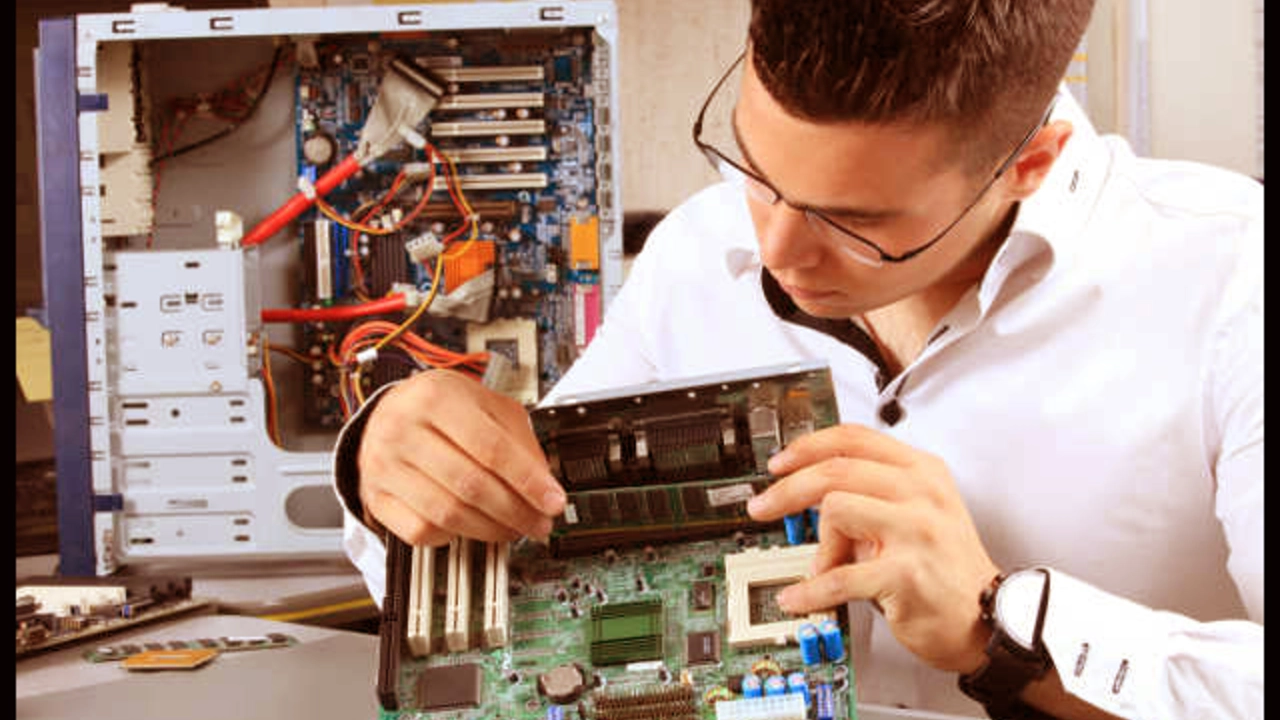Getting Started with Computer Repair
If you're reading this, it means you're interested in learning how to repair computers. That's fantastic! I remember when I first started on this journey, it can be both exciting and a bit intimidating. But don't worry, we're going to take this one step at a time. Before we dive in, it's essential to understand what computer repair entails. It's more than just fixing a broken screen or replacing a faulty keyboard. It includes understanding computer hardware, software, and how they interact. It also demands a keen eye for detail and a problem-solving mindset. But don't worry, these are skills that you can develop over time.
Understanding Computer Hardware
Firstly, we'll need to understand the physical components of a computer. These are the parts you can touch - the hard drive, motherboard, CPU, power supply, RAM, and so on. Each component plays a vital role in the functioning of a computer. I remember spending countless hours learning about these components, how they function, and how they interact with each other. It can seem a bit overwhelming at first, but trust me, it gets easier with time. And the knowledge you gain here will be invaluable when it comes to diagnosing and repairing hardware issues.
Mastering Computer Software
Once we have a good understanding of computer hardware, we can move on to software. This includes the operating system like Windows, Linux, or MacOS, and other applications like Microsoft Office, Photoshop, etc. Knowing how to install and troubleshoot software is a critical part of computer repair. I've had many instances where a computer issue was due to a software glitch and not a hardware problem. So don't underestimate the importance of software knowledge in computer repair.
Learning Diagnostic and Repair Tools
The next step in our journey is learning about diagnostic and repair tools. These tools can help identify and fix issues with both hardware and software. I can’t stress enough how important these tools are. They can save you hours of frustration and guesswork. Plus, they can make the difference between a quick fix and a lengthy repair process.
Practicing Computer Repair
Now that we've learned about hardware, software, and diagnostic tools, it's time to put our knowledge to the test. The best way to learn computer repair is by doing. Start by practicing on an old computer. Try diagnosing and fixing issues. Trust me, there's no substitute for hands-on experience. It might be frustrating at times, especially when you can't figure out a problem. But that's part of the learning process. And remember, every problem you solve is one step closer to becoming a computer repair expert.
Continuing Education and Professional Development
Last but not least, let's talk about continuing education and professional development. The world of technology is always evolving. New hardware and software are being developed all the time. So it's crucial to stay updated. This can be through online courses, seminars, or even reading tech news. Plus, consider getting certified. Certifications like CompTIA A+ can boost your credibility and open up more opportunities in the computer repair field.

